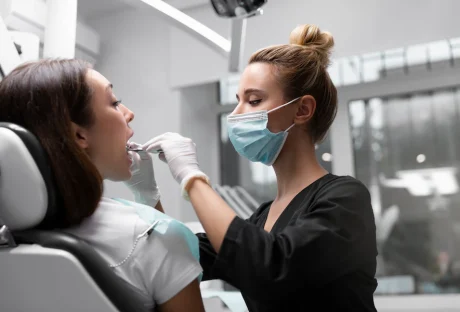You must first decide which plan you want when you are deciding to compare Medicare plans. This means deciding whether you want Original Medicare or if you would like a Medicare advantage plan. Original Medicare includes part A, which is hospital insurance, and part B, which is medical insurance. These plans are provided by Medicare and will give you your choice of hospitals and doctors, as well as other providers. You will typically have to pay for a monthly premium, with plan B. After choosing one of these plans, you may decide if you want part D Medicare, which is prescription drug coverage.
How To Successfully Choose Medicare Plans:
Medicare Part A
This is hospital insurance. Everyone who is eligible receives this portion. Medicare hospital insurance covers inpatient care. Inpatient care includes hospitals, skilled nursing facilities, and care, hospice facilities. Some home health care is also included. Long-term or custodial care is not covered by Part A. Most people do not have to pay a premium for this portion of Medicare.
Medicare Part B
This is medical insurance. The purpose of this portion is to cover medically necessary services. These include doctors’ services, diagnostic tests, outpatient care, physical therapy, and some preventive screenings. Does Medicare cover hearing aids? If you have this question on your mind, this is the plan you need to go for. Part A does not cover these services, even if you are in the hospital. Medicare Part B is optional and you have to pay a premium.
Medicare Part C
This is otherwise known as Medicare Advantage. With C, you get at least the same coverage as you get with parts A and B combined. The difference is a private insurer has contracted with the government to take over the administration of your benefits. Your benefits are provided by the insurer, and you pay your premiums directly to this insurer. You can choose Part C in lieu of A and B, but you still pay the Part B premium.
Medicare Advantage is similar to Medicare supplemental insurance in that it covers the gaps left by Medicare. You chose one or the other. The difference is that the Advantage program pays instead of Medicare and supplemental insurance pays after Medicare pays.
Medicare Part D
This is prescription drug coverage. This is usually approved and certified by the Centers for Medicare and Medicaid Services as this is well offered by private companies. It is optional and requires you to pay a premium directly to the private insurance company.
Medicare helps defer the costs of health care for seniors and those with certain disabilities. The plan initially consisted of simply hospital insurance. It later evolved to pay for medical services and prescription drugs. This evolution had created four parts of the plan. Part A, B, and D are all about different facets of coverage. Medicare Advantage plans (Part C) are really a replacement policy for A, B, and D where you pay a private insurer.
If you do not want original Medicare, your other option, while you compare, is to choose a Medicare advantage plan. These may include a PPO or an HMO plan. Part C of Medicare includes both part A and part B, meaning you will have medical insurance and hospital insurance. If you choose this coverage, you will have access to private insurance companies that are Medicare-approved. Depending on your plan, the costs, rules, and extra coverage vary. You will usually pay a monthly premium in addition to the premium you pay for part B, as well as coinsurance and copayment.
You may choose drug coverage for either plan when you compare each of these plans. For original Medicare, you are required to choose a prescription drug plan, which is run by Medicare-approved private companies. If it is not offered by your plan, you may choose to join a prescription drug plan offered by Medicare. For advantage plans, you do not need a Medigap policy. If you already have one, you cannot use it to pay for out-of-pocket expenses that you have under your advantage plan.
Read Also:






















